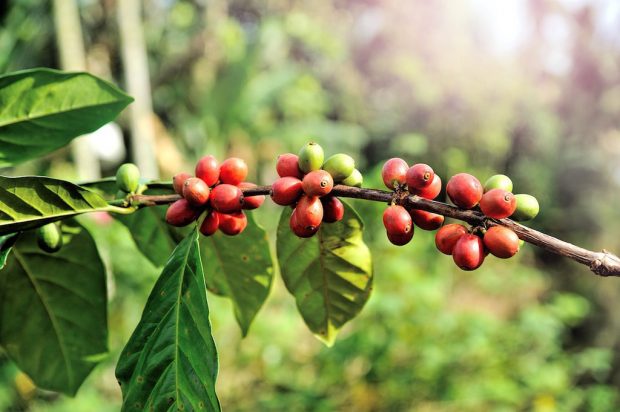Transitioning the entire coffee sector to make coffee the world’s first fully sustainable agricultural product would require a total investment of approximately $4.1 billion USD, and would take nearly 30 years to affect all the world’s coffee producers.
This fascinating, albeit somewhat confounding, estimate comes from the Coffee Sustainability Catalogue 2016, a 168-page report jointly released late last week by the Global Coffee Platform (which grew out of the 4C Association), the Sustainable Coffee Challenge (convened by Conservation International) and the Specialty Coffee Association of America, and shared during last week’s Vision 2020 workshop in London.
The sprawling catalogue is something of a “state of the sector” document regarding sustainability, eyeing coffee from a global perspective, and recognizing the incredible number of stakeholders involved in sustainability, from pickers and farmers to warehousers and shippers to buyers, roasters, nonprofits, certifying agencies, government organizations, NGOs and many more.
“There is undeniably an urgent need for increased coordination and alignment — which is why the Global Coffee Platform as a central convener of public and private coffee stakeholders will use the catalogue as a tool to strengthen and develop our strategies so we see less fragmentation and overlap and more collaboration towards making coffee the first sustainable agriculture commodity before 2045,” Annette Pensel, GCP interim executive director said in the announcement of the release.
Coordination and alignment on a global scale is naturally complex, and the catalogue itself drew upon information collected from more than 80 stakeholders from throughout the coffee supply chain.
A major positive takeaway from the catalogue is that more than $350 million is currently being invested annually in sustainability programs and initiatives, such as certifications, impacting some 350,000 coffee farmers — a figure the groups said has doubled in the past 15 years.
“We are encouraged by the findings presented in the catalogue, but know we still have much to do in order to grow coffee in a way that meets future demand while conserving the environment and ensuring the prosperity and well-being of producing communities,” said Conservation International’s Bambi Semroc, the lead coffee expert for the Sustainable Coffee Challenge. “Knowing where we stand in relation to our ultimate goal is a huge step in enabling us to accelerate action and build a sustainable future for coffee.”
Read the complete catalogue here.
Nick Brown
Nick Brown is the editor of Daily Coffee News by Roast Magazine.
Comment
1 Comment
Comments are closed.







I question the value of investing in more “certification” programmes, a collateral expense adding to the overall cost of goods sold but with little direct benefit to the producers. Most of these are, in the main, marketing supports.
A goodly number of the producers out there have been “sustainable” for well over a hundred years, and are managing their operations so as to still be producing high quality coffee ten generations down the road. If they must now also support the “certification” bodies to enable them to continue marketing their coffees, it hurts us all by adding costs with no benefit.
Far better to enlist the help of some of these long term producers to come alongside their local producers and help them emplace better practices toward a true functonal “sustainability” goal. I’ve seen just recently where all producers, to market as “traceable” all qualifying coffees MUST have some of a small group of certifications. When I personally know the producers and how/what they do at origin, and can easily trace each bag back to the small tablón on which it was grown and the mill which processed it, WHY add the cost of the certification, a different one required for each lot, tablón, piece of dirt, when the producer already knows and can attest to this information?
Yes, attention need be paid to this issue…. but at what cost, and relative to what overal functional benefit? We Yanks are far too quick to establish some sort of “programme” to “reach the goal”, said goal being set by the same ones building and promoting the programmes.